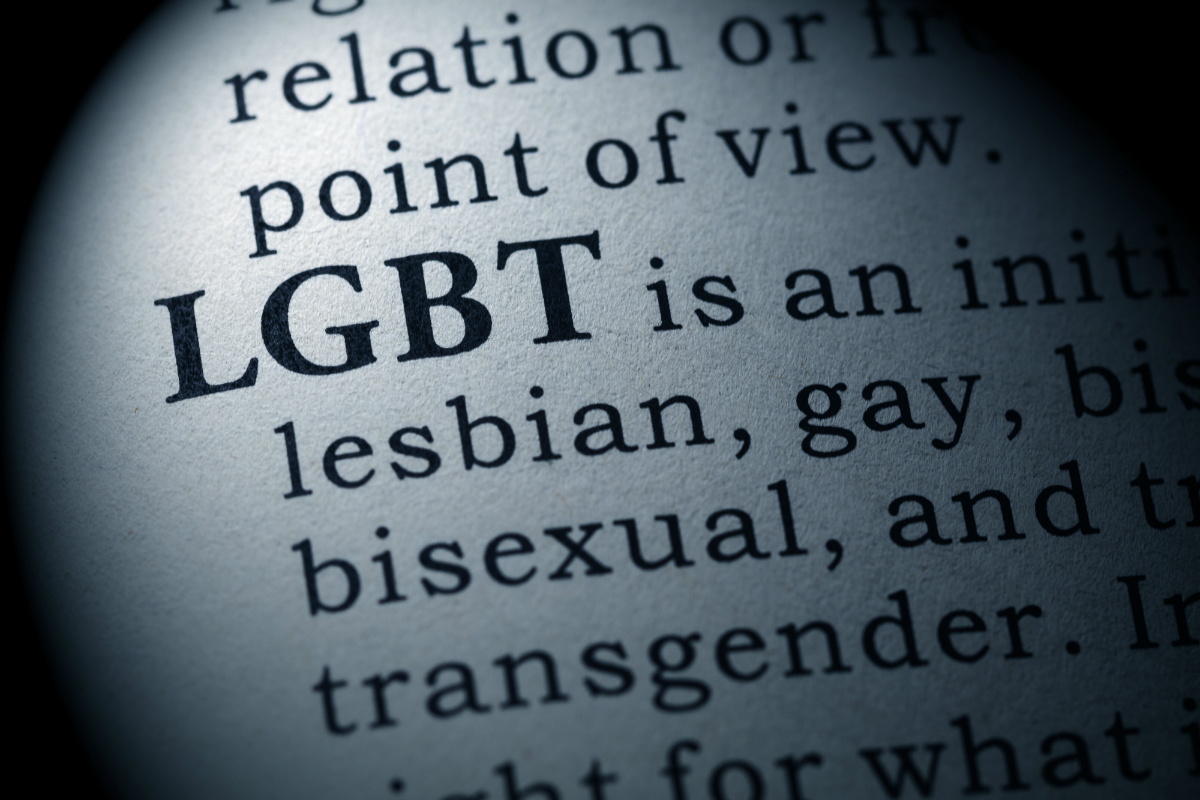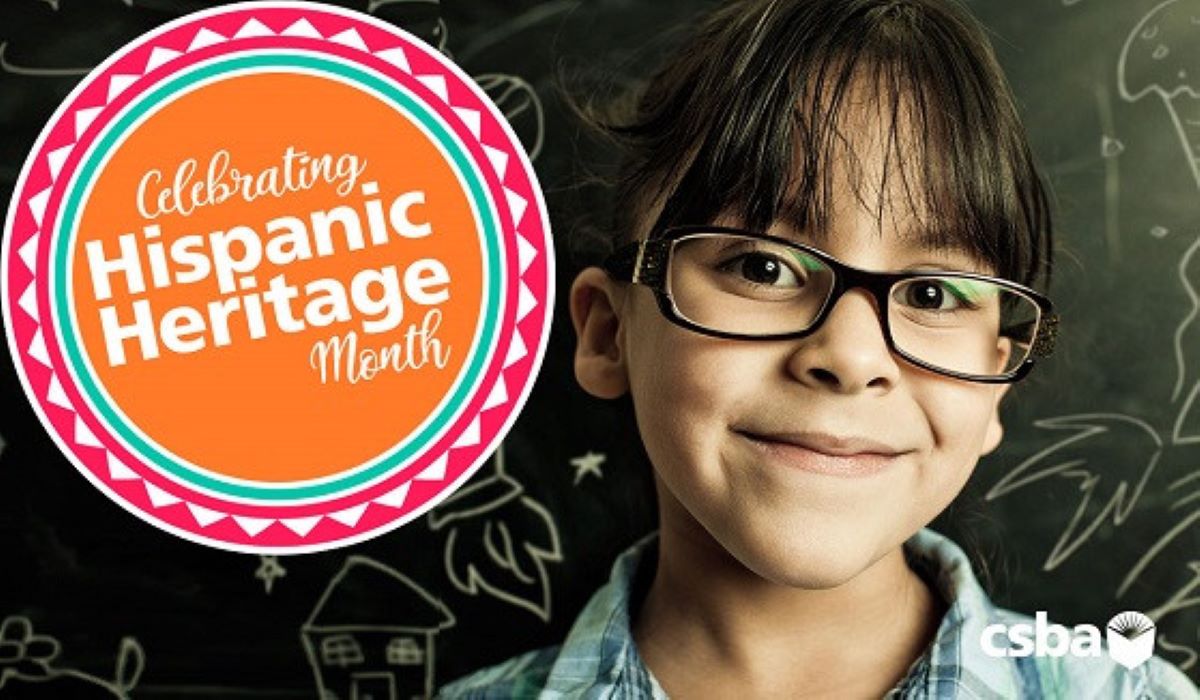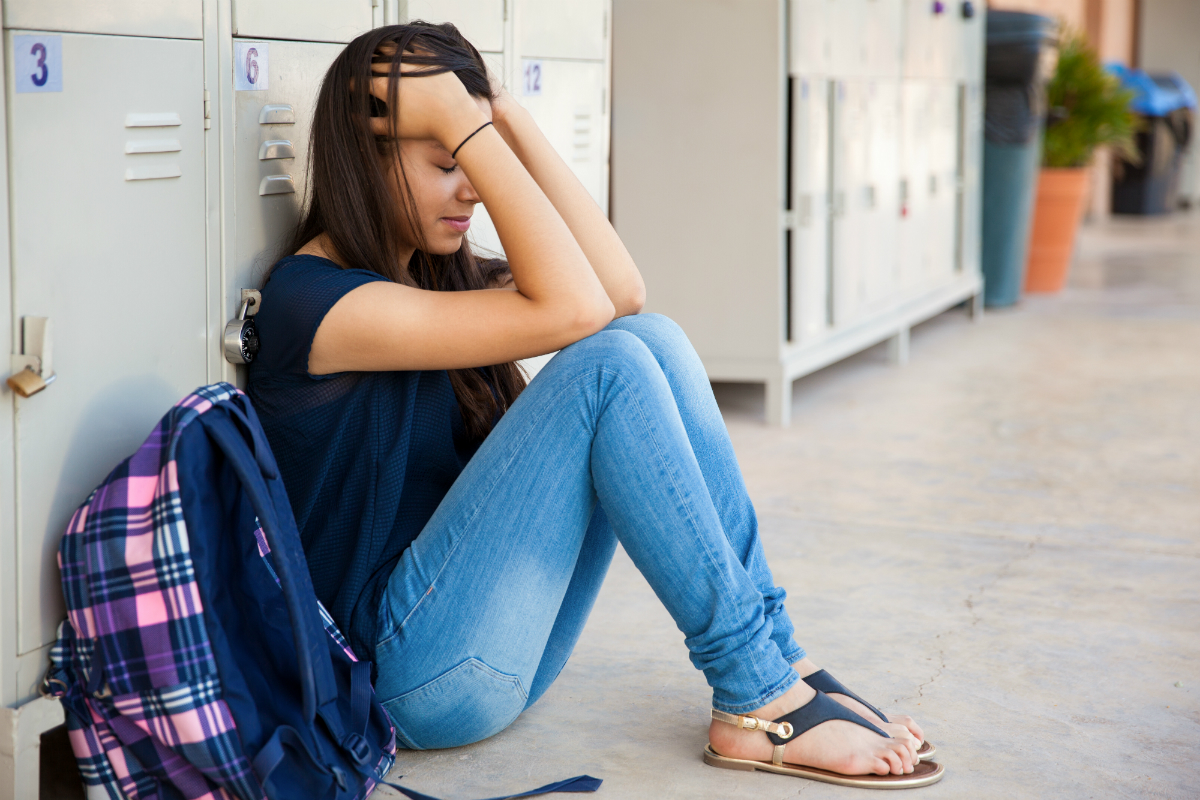Lesbian, gay and bisexual youths in California experience negative behaviors and consequences at about twice the rate of their straight peers, according to a new Kidsdata issue brief. Those behaviors and outcomes for LGB youths include higher alcohol and drug use, more common feelings of depression and a higher likelihood of skipping school.
Compounding the issue is the fact that many districts and schools lack the capacity and resources to support positive health and educational outcomes for all students, particularly those facing disparities based on sexual orientation. Less than one-third of school staff reported that their school has adequate counseling and support services, effective services for substance abuse and other problems, or engages in community collaboration, according to 2013-15 data from the California School Staff Survey.
Key findings and data illustrate disparities
Depression and bullying are two issues with which LGB youths reported dealing at a much higher rate than peers who identified as straight, according to data from the California Department of Education’s California Healthy Kids Survey from 2013-15. The survey includes responses from students in seventh, ninth and 11th grade, in addition to those in nontraditional programs. Detailed findings for most counties and school districts are also available through the Youth in Schools data on the Kidsdata website.
Compared to 29 percent of their straight peers, 61 percent of LGB youths reported feeling so sad almost every day for two weeks or more that they stopped doing usual activities. Nearly two-thirds (64 percent) of LGB youths reported being bullied in the past year, nearly twice as much as straight students (33 percent.) Lastly, almost half (49 percent) of LGB youths seriously considered attempting suicide in the past year, compared to 16 percent of straight youths.
Behaviorally, 45 percent of LGB youths reported using alcohol or drugs in the past 30 days, more than double the rate for their straight peers (22 percent.) Nine percent of LGB youths also reported skipping school at least once a week during the past year, again more than doubling the number of straight students (4 percent). “Skipping school is associated with poor emotional health and at-risk behavior,” the brief’s authors said. “It negatively impacts health and educational outcomes.”
Addressing resources and policy implications
Because a positive school climate is essential to the emotional well-being and behaviors of all students, the Kidsdata brief finds that special attention must be paid to funding, delivering and integrating support for such a climate. “LGB students benefit when their school has adequate counseling and support services, addresses substance abuse and engages in collaborations with the community,” the brief concludes.
School board members and administrators can maximize funding streams such as the Local Control Funding Formula, the Mental Health Services Act and Medicaid. From there, a focus can be placed on providing enhanced health care services, including through mental health services at schools and school-based health centers. Officials should also integrate the system of support so that youth, parents, school staff, local agencies and community organizations can work together to support LGB youth.
Webinar will discuss research and feature Q&A
School board members, district staff and other stakeholders can learn more about the Kidsdata research and the well-being of LGB students in a 30-minute webinar scheduled from 10-10:30 a.m. Feb 1. Included will be a young woman’s perspective on her high school experience as part of the LGB community, as well as a question and answer session.
CSBA Resources:
- Blog post: “Advocacy resources available to protect LGBT students”
- Updated Legal Guidance: Protecting Transgender and Gender Nonconforming Students Against Discrimination (March 2017)
- CSBA Governance and Policy Resources — Bullying
Other Resources:
- California Safe Schools Coalition — This broad coalition has published a variety of research briefs that focus on school safety issues for LGBT students.
- Gay Lesbian & Straight Education Network (GLSEN) — From research reports to professional development and lesson plans, GLSEN offers an array of resources centered around LGBT issues in K-12 education.
- Library: LGBT Youth & Schools Resources and Links — American Civil Liberties Union (ACLU)
- Best Practices: Creating an LGBT-inclusive School Climate – Teaching Tolerance: A Project of the Southern Poverty Law Center
- Students and Gender Identity: A Toolkit for Schools — Toolkit for educators to help create and develop inclusive spaces for transgender and gender non-conforming students from the USC Rossier School of Education





